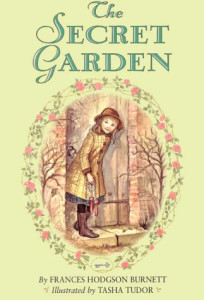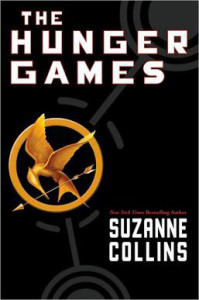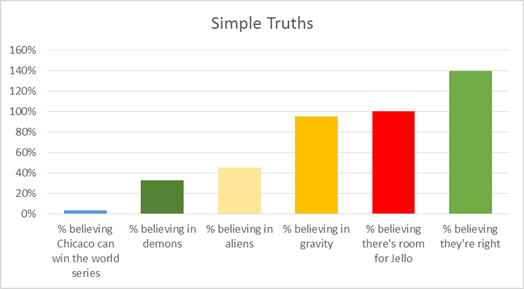Laja followed Verl into the human bar, slithering closer to him than was polite, as she feared getting left behind more than the breach in etiquette. Inside, her eyestalks recoiled from the harsh fluorescent light. As her eyes adjusted, she saw that the room was filled to the brim with the strange pasty-skinned creatures, crammed together eight to a table. So many sharing the same air! She ran a tentacle over her breathing apparatus, making sure it was secured. The human’s language, grunting linear syllabic expressions, made her ears hurt. Ugly / Stupid / Why are we here? she mind-sang to Verl, who, judging by the quivering of his own tentacles, was as horrified as she.
***
One of the great things about writing speculative fiction is we aren’t limited to telling stories only from a human’s perspective. Our characters can be dogs or dragons or golems or even aliens, like Laja and Verl from the passage above. Though often non-human characters play second-fiddle to a human protagonist, sometimes they take the stage themselves and we, as readers, can imagine what it might be like to walk (or slither) about as another species entirely.
Of course, writing from a non-human point of view presents its own set of challenges, as we writers are all too human (well, most of us, anyway.) Our experience is fundamentally different than that of a dog’s or a dragon’s. Still, this shouldn’t stop us – it’s not like all humans see the world the same. Writers must write characters of different genders, different ages, different cultures, and of different belief systems. Each time we have to stretch our imagination and try to understand the other. There’s no reason we can’t do the same for characters of different species.
I’ve always had a particular love for non-human characters. Aside from the fun of imagining what it might be like to have wings or a tail, they can add a lot to a story by giving us a radically different perspective on things we might find mundane. Take the passage about aliens at a bar from above. Most humans would find nothing odd about stepping into a crowded bar, but for a pair of aliens with totally different cultural and physical norms, the experience becomes a harrowing one. It gives us, as readers, an opportunity to imagine what we might look to beings who aren’t used to us or our behavior. I’ve found such shifts in perspective can lead to unexpected insights and add a great deal to a story.
The passage also demonstrates some of the techniques you can use in writing a non-human character. The physicality of the character is different. Laja doesn’t walk, she slithers. She doesn’t use her hands, she uses tentacles. She doesn’t have regular eyes but instead, eyestalks. Such details are critical in making her perspective believable.
There are key cultural differences too. Laja’s horror at how tightly the humans sit together, and her concern that following her companion too closely might be considered rude, show a fundamental difference in how she see’s personal space. Her reaction to their language and her own mind-song demonstrates major differences in communication and language.
There’s a trap here, where in our attempts to write a non-human character as believably as possible, we let the differences in their culture and physicality interfere with the story. I’m working on a novel right now from the perspective of a dog. A real dog probably spends an inordinate amount of time sorting through scents, but if I spent paragraph after paragraph simply describing what everything smelled like, no one would want to read past page two. It’s important to find the proper balance between keeping the perspective compelling and not letting it get in the way of the story.
One example of a very well done non-human point of view is Scriber from Vernor Vinge’s A Fire Upon the Deep. Scriber is part of a race called the Tines, wolf-like creatures that live in packs governed by hive-minds. One subplot of the novel follows Scriber as he tries to save the lives of two human children stranded on his planet. Vinge paints a vivid picture of the Tines’ world, as well as what it might be like to be a being that has control of multiple individual bodies.
For those interested in reading more novels that feature non-human perspectives, here are a few more examples I recommend checking out:
- TenSoon, from Brandon Sanderson’s Mistborn trilogy. TenSoon is a kandra, a being that can absorb a dead body of any other species and takes its form. In particular, I think Brandon does a wonderful job of creating a unique culture for the Kandra, who are bound by a contract that prevents them from doing violence.
- Chet, from Dog On It by Spencer Quinn. A rare example from a non-speculative fiction genre, the novel is told from the point of view of Chet the dog, owned by a detective named Bernie.
- Auron from Dragon Champion by E. E. Knight. As ubiquitous as dragons are in fantasy, novels where they get significant point-of-views seem rare. All of Knight’s novels in this series are told from the point of view of dragons born of the same clutch, who find themselves orphaned at a young age and forced to fend for themselves.




 The music was a dirge, some long-forgotten Celtic lament full of wailing. It washed over me like surf over a half-buried corpse at low tide. Ira stood behind the bar cleaning the same glass he’d been running a dirty towel over for the past ten years.
The music was a dirge, some long-forgotten Celtic lament full of wailing. It washed over me like surf over a half-buried corpse at low tide. Ira stood behind the bar cleaning the same glass he’d been running a dirty towel over for the past ten years.